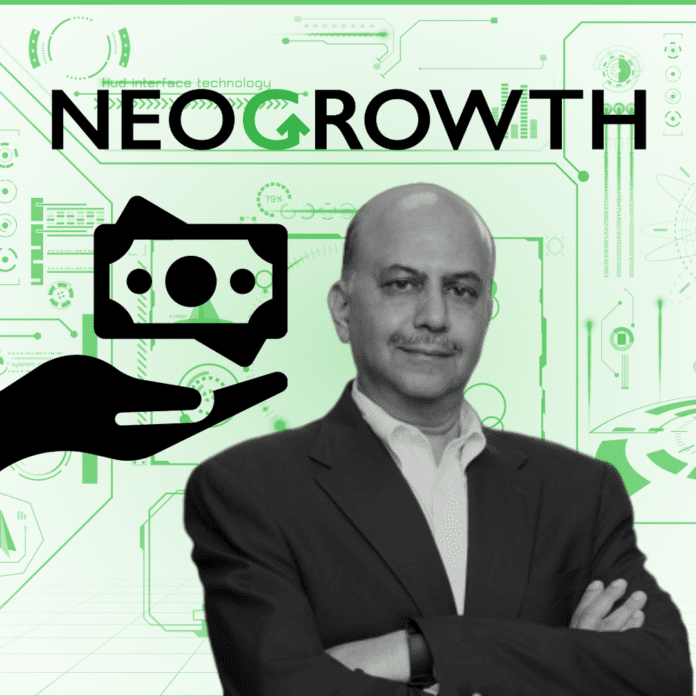The Competition Commission of India (CCI) has granted approval for Google’s $350 million investment in Flipkart, Walmart’s e-commerce platform. This decision comes after several months of waiting, with the investment initially announced in May.
Google’s contribution forms part of Flipkart’s broader $1 billion funding round, which is primarily led by Walmart. Flipkart, which was valued at $36 billion during this round, had previously stated that the investment was contingent upon receiving the necessary regulatory approvals.
In another significant development, CCI has also given the green light for the investment in Rebel Foods by Jongsong Investments, a subsidiary of Temasek, the Singapore-based investment firm. Rebel Foods, a major player in the foodtech sector, is reportedly seeking between $100 million and $140 million through a mix of primary and secondary transactions.
This marks Rebel Foods’ first equity raise since November 2021, following a three-year hiatus. During the past two years, the company has raised nearly $50 million through five separate debt funding rounds.
Currently, Rebel Foods operates over 450 cloud kitchens across multiple regions, including India, MENA, Indonesia, and the UK, with a presence in 75 cities in India. In FY24, the company reported a rise in revenue to Rs 1,420 crore, alongside a significant reduction in its losses by more than 42%, down to Rs 378 crore for the fiscal year.
Rebel Foods faces stiff competition in the foodtech space from rivals such as Curefoods, EatClub, Biryani By Kilo, FreshMenu, Biryani Blues, Kitchens@, Bigspoon, and HOI Foods.










